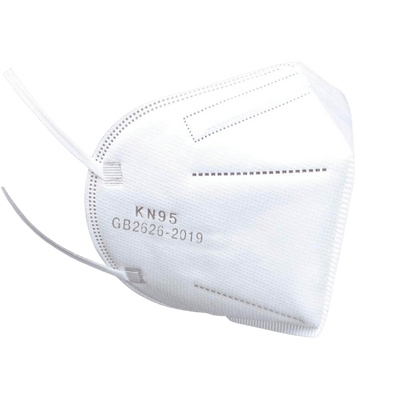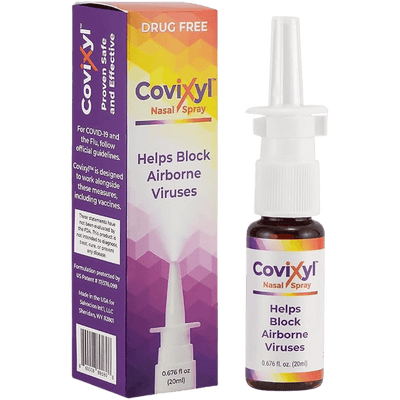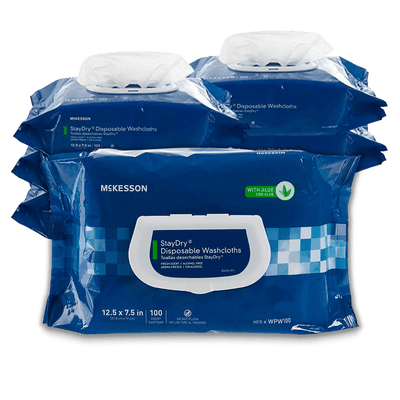The Vital Role of Clean Water in Enhancing Health and Wellbeing
Clean water is an essential requirement for human health and wellbeing, serving as a fundamental component of sustaining life and promoting overall wellness. The availability of clean water directly impacts various aspects of health, from hydration and bodily functions to disease prevention. It is vital to understand the potential risks associated with consuming contaminated water, including exposure to dangerous sources and the prevalence of E-coli in water.
For instance, consider the impact of contaminated water on communities in developing countries, where over 2.1 billion people lack access to safe water sources at home. The absence of clean water in these regions poses significant challenges, leading to the spread of waterborne diseases and contributing to adverse health outcomes. This highlights the urgent need to address the global water crisis and underscore the critical role of clean water in maintaining good health and overall wellbeing.
Global Water Crisis
The global water crisis presents a multifaceted challenge that extends beyond the lack of access to safe water sources for billions of individuals. It also encompasses the broader implications for public health, food production, and environmental sustainability. The impact of the global water crisis is not confined to developing nations, as millions of people in developed countries such as the USA have also been exposed to contaminated drinking water, emphasizing the widespread nature of this issue.
Furthermore, the unavailability of water for extended periods in various regions exacerbates the severity of the situation, emphasizing the immediate need for comprehensive solutions to address the global water crisis. The urgency of this matter is underscored by the fact that water unavailability for days at a time is a stark reality in numerous areas, highlighting the pressing need for effective interventions and sustainable strategies to ensure universal access to safe and clean water sources.
Health Implications of Unsafe Water
The health implications of consuming unsafe water extend beyond the risk of waterborne diseases and pose significant threats to individuals and communities. Contaminated water can lead to serious health issues such as gastrointestinal problems, dehydration, and even long-term health complications. Diarrhea, a common side effect of drinking unsafe water, contributes significantly to the adverse health impact and underscores the urgent need to address the underlying causes of water contamination.
Moreover, the lack of access to clean water and sanitation facilities exacerbates the spread of waterborne diseases, posing a significant threat to human health and the environment. For example, the absence of safe water and sanitation facilities can lead to widespread outbreaks of illnesses, impacting the overall wellbeing of individuals, particularly vulnerable populations such as children and the elderly.
It is crucial to understand the far-reaching implications of unsafe water consumption and the urgent need to address this global issue. Efforts to improve access to clean water and sanitation not only mitigate the risk of waterborne diseases but also contribute to promoting overall health and wellbeing in communities worldwide.
Regulations and Standards for Safe Water
The regulatory framework and standards for safe water, particularly in countries like the United States, play a pivotal role in ensuring the safety of drinking water. The Environmental Protection Agency (EPA) in the United States is at the forefront of regulating and maintaining the safety of drinking water, setting stringent guidelines and standards to protect public health. For example, the EPA monitors and regulates contaminants such as lead, arsenic, and pathogens, setting maximum allowable levels to prevent adverse health effects.
Despite the presence of comprehensive regulations, the importance of regular testing of municipal and well water sources cannot be overstated. It is essential to actively monitor the safety of water sources to ensure ongoing compliance with established standards, thereby safeguarding the health of the population. This proactive approach to water safety is critical for identifying and addressing potential issues that may arise, contributing to the overall wellbeing of communities.
Furthermore, it is imperative to recognize the role of the EPA in not only setting standards but also enforcing them to ensure that water providers adhere to the prescribed regulations and maintain the safety of drinking water for all citizens. This underscores the commitment to upholding the highest standards of water quality and safety to protect public health and wellbeing.
Additionally, it is essential for individuals to take proactive measures to ensure the safety of their drinking water, especially in natural disasters or emergency situations. Learning how to filter and store water safely can be life-saving, and adding a filtration system at home is an effective way to provide an added layer of protection against potential contaminants. These measures contribute to peace of mind for families, knowing that they have a reliable system in place to guarantee the safety of their drinking water, even in challenging circumstances.
Benefits of Using a Water Purifier
Utilizing a water purifier is instrumental in ensuring access to clean and safe drinking water by effectively removing contaminants. This approach significantly contributes to safeguarding water for consumption, protecting health, and promoting overall wellbeing.
Water purifiers offer various benefits that go beyond just removing contaminants. For example, they help in improving the taste and odor of water by eliminating chemicals and bacteria that might affect its quality. This not only makes the water safe to drink but also enhances its overall appeal, encouraging individuals to consume more water and stay adequately hydrated.
Moreover, water purifiers provide a cost-effective solution for obtaining clean drinking water. Instead of relying on bottled water, which can be expensive and contribute to environmental waste, a water purifier offers a sustainable and economical alternative. This not only benefits individuals and families in terms of cost but also reduces the environmental impact of plastic waste from disposable water bottles.
Additionally, some water purifiers are designed to preserve essential minerals present in water, ensuring that the purified water remains rich in beneficial elements. This is crucial for maintaining overall health and wellbeing, as it ensures that individuals continue to receive vital nutrients through their drinking water.
In conclusion, the use of a water purifier offers numerous advantages, including improved taste and odor, cost-effectiveness, and the preservation of essential minerals. By investing in a water purifier, individuals can enjoy the peace of mind that comes with knowing they have access to clean and safe drinking water for themselves and their families.
 Ensuring Safe Water Consumption at Home
Ensuring Safe Water Consumption at Home
When it comes to ensuring safe water consumption at home, it's essential to understand the significance of filtering and storing water safely, especially during natural disasters or emergencies. For instance, in the event of a natural disaster such as a hurricane or earthquake, water sources can easily become contaminated, making it imperative for individuals to have the knowledge and means to filter and store water effectively. This preparation ensures that clean and safe water is available for consumption, safeguarding against potential health risks associated with contaminated water sources.
Moreover, the addition of a filtration system at home can significantly contribute to assuring safe water consumption for families. By investing in a reliable water filtration system, households can proactively address concerns related to water safety. These systems are designed to remove contaminants and impurities from water, providing a consistent supply of clean and safe drinking water for daily use. This not only promotes the health and wellbeing of individuals and families but also offers peace of mind, knowing that the water being consumed is free from harmful substances and pathogens.












Leave a comment